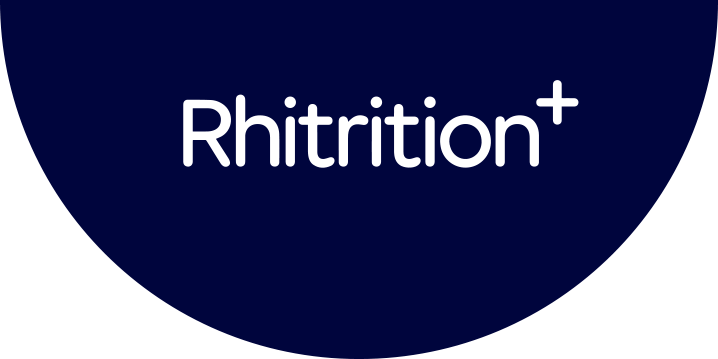Food First: The Importance of Partnering with your Plate
The quest for optimal health can lead us down the supplement aisle, where we usually feel overwhelmed by the sheer amount, and variety, of products. With some supplements promising ‘glowing skin and hair’ and ‘metabolism boosting properties’, it’s easy to buy into these claims, spending fortunes just to be disappointed that ultimately, your hair, skin and waistline have remained the same. We’re here to tell you the truth: a nutrient rich diet is the first protocol for health.
Supplements can be hugely beneficial. They allow us to maintain optimum levels of nutrients when it is harder to meet these requirements through diet alone e.g. during pregnancy or when following a plant based diet.
However, they should not be seen as a replacement for a well balanced diet, complete with a range of whole foods. In this blog, we’ll explore the power of partnering with your plate, reserving supplements for specific needs like deficiencies or unique life stages.
Nutrients from Food
Most nutrients can be obtained from a balanced diet that includes all food groups. To get these essential nutrients from our diet, it's crucial to embrace a diverse and balanced approach to eating.
Prioritise a colourful plate, filled with a variety of whole foods, including fruits, vegetables, whole grains, lean proteins, and healthy fats. Opt for whole grains over refined options, include a mix of lean protein sources, and incorporate healthy fats like avocados and nuts.
Mindful cooking methods, such as steaming and sautéing, help preserve the nutritional content of food. Minimise processed and fast foods, emphasising moderation and balance in your dietary choices.
Vitamin D is the exception as it is difficult to get enough of this essential vitamin through diet or sunlight alone, particularly in the UK with our unpredictable climate. Daily supplementation with vitamin D is recommended for people of all ages.
Synergistic Effect of Food
Food is a complex source of vitamins, minerals and phytochemicals (plant chemicals), all working together. Supplements also cannot provide you with the variety, diversity and bioavailability of nutrients that a healthy balanced diet can provide you with.
Many nutrients in real foods work synergistically, enhancing each other's effectiveness. For instance, vitamin C enhances the absorption of non heme iron from plant sources.
The intricate dance of nutrients in whole foods ensures our bodies receive the full spectrum of benefits. Research indicates that most of the vitamins you get from the food you eat are better absorbed than those contained in supplements.
Fibre
Fibre, abundant in fruits, vegetables, and whole grains, is a crucial component of a healthy diet. It aids digestion, helps regulate blood sugar levels, and supports a healthy gut microbiome.
The fibre content in whole foods is crucial to our digestive health and can help us to feel fuller for longer, curbing cravings.
When Supplements May Be Necessary
At certain life stages, some people will require supplements to bridge nutritional gaps.
This includes:
Pregnant women,
Individuals following a vegan diet,
Individuals with certain food allergies,
Individuals suffering from anaemia may require an iron supplement,
And individuals unable to follow a balanced diet.
So, while supplements have their place, they should complement, not replace, the natural goodness of whole foods. Real food provides a symphony of nutrients, working together to support our body's complex functions in ways that supplements often cannot replicate.
You can find recipes and meal inspiration on the Rhitrition website and on our social media accounts. Follow us and get inspired to embark on a diet first approach to health!

